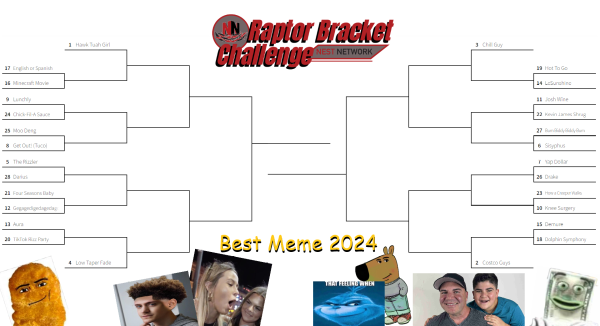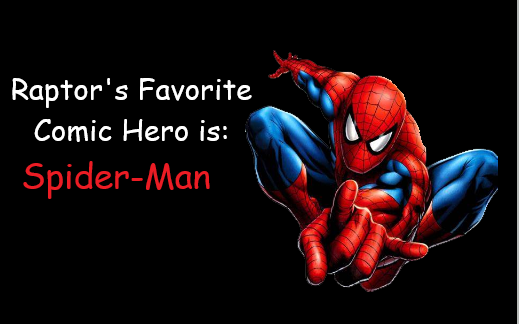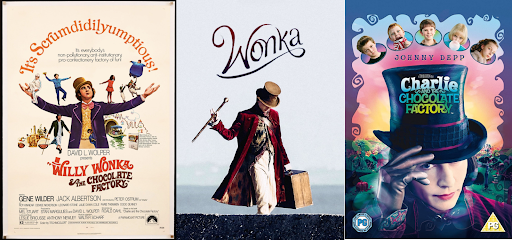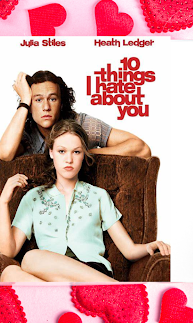I Deleted Snapchat
Here is how it went and why you should try it too.
On November 17th, I deleted my snapchat. It seems like a large majority of people our age rely on Snapchat to communicate with their friends. Deleting it was kind of a scary thing to do because I was afraid that I would lose all my friends, which turned out to be somewhat true, but also not true at all.
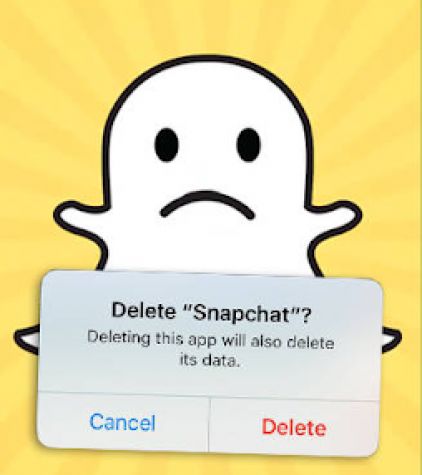
I felt like Snapchat gave me a false sense of having more friends than I really do. Just because you’re on someone’s private story and have a streak doesn’t always mean that you’re really friends. And I’m not alone in this: “Social media makes friendships more consistent, but less deep and connecting, since it is used for mostly shallow and basic conversations,” Andrew White, a sophomore, explains.
Whether you’re sending pictures of your wall or pictures of your face, it doesn’t feel like a real conversation. In fact, I felt like I had forgotten how to actually talk to people, although I’m sure quarantine also had a role in that. There’s also just a lot of stress and toxicity that comes along with the app— checking who views your story, worrying about who’s leaving you on delivered or opened, and worrying that people’s first impression of you will be your snap score.
My goal here isn’t to shame anyone for using Snap, but I think it’s interesting to take a step back and really look at it. Is it actually good for your mental health? How much time do you spend mindlessly opening up pictures and mass-snapping just so you can keep your streaks another day? It starts to feel like a chore.
White had actually deleted it in the past but decided to redownload it “after a few weeks [when] I felt like I could use Snap better and make the most of my time while having it,” he said. “I unadded almost everyone I didn’t know, and I also know it’s not an easy fix and I should take breaks more often, but we all know that’s harder than it sounds, especially with Covid going on and not really seeing any of our friends ever.” At the moment, I’m in a similar situation as Andrew was. I don’t want to redownload it yet, but I think after a little bit more time I will be able to use the app in a more positive and beneficial way.
In the past few weeks that I’ve been without it, I haven’t really thought about getting it again, and I still feel good about deleting it. I have found out who my real, genuine friends are, my time management has gotten much better, and my screen time has also decreased.
Aside from the obvious benefits, deleting Snapchat has had some unintended—but welcomed— side effects. As someone who loves taking a lot of pictures, my memories on Snapchat definitely hold a lot of value to me. But, as soon as I deleted the app, it was like a switch went off in my brain telling me to take even more pictures. My recent photos are a very random assortment of things that, for some reason, I really enjoy. Like these earrings with Frida Khalo’s face on them. (I don’t really know what it means either).
Either way, the seemingly meaningless pictures like this are the ones that I will probably never delete. They’re the most fun to look back on as concrete reminders of what my life, interests, and sense of humor are at the time. It’s a little bit ironic, though, because stepping away from social media sort of forces you to form original thoughts and humor, rather than just regurgitating what you see. “[Social media] was created for a purpose and that was to connect and appeal to people. We are a part of those people. It influences our humor, how we talk, our perspective and much more,” says Eaglecrest junior Alayna Rodgers.
In the end, deleting Snapchat really comes down to me spending more time truly by myself, without people constantly “watching” me. And I’ve learned a lot about myself by spending more time in the moment thinking about the things I see and do. In my opinion, the biggest impact of growing up with social media has been that we don’t enjoy the present. We spend so much time worrying about the past and the future, and social media has a huge role in amplifying that by sort of “recording” everything that we do, and putting it out there for people to view and analyze. Because, in one way or another, someone is always watching you.
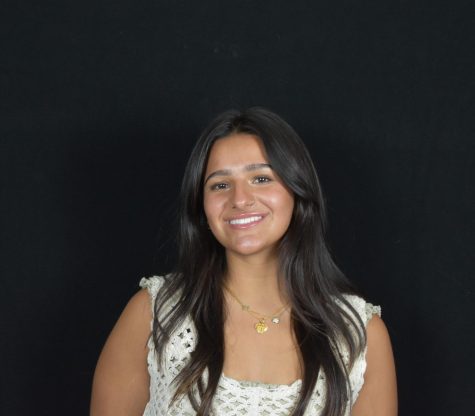
Trisha Balani is a senior, an editor at Nest Network and a devoted Swiftie. Trisha wants to help Nest Network grow by teaching other writers the skills...



